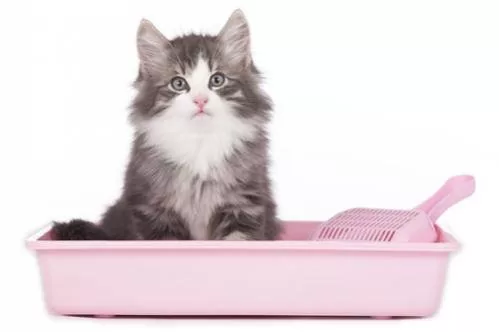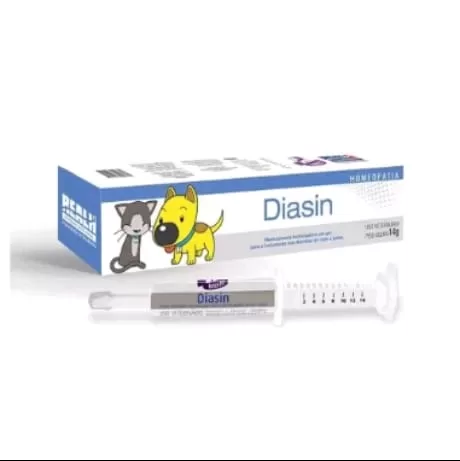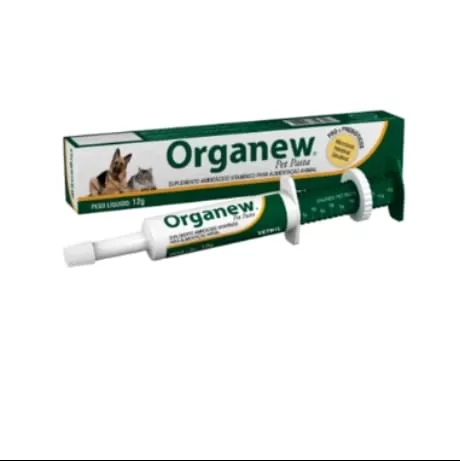Introduction
Cat diarrhea is a common health issue that can have a significant impact on a feline’s overall well-being. Diarrhea is characterized by loose, watery stools and can be caused by a variety of factors, including dietary changes, infections, parasites, and stress. It is important for cat owners to understand the causes, symptoms, and treatment options for cat diarrhea in order to provide the best care for their furry friends.
Understanding Cat Diarrhea: An Overview
Cat diarrhea is a condition characterized by loose, watery stools. It can be caused by a variety of factors, including dietary changes, infections, parasites, and stress. Diarrhea occurs when the intestines are unable to properly absorb water and nutrients, resulting in loose stools. This can lead to dehydration and malnutrition if left untreated.
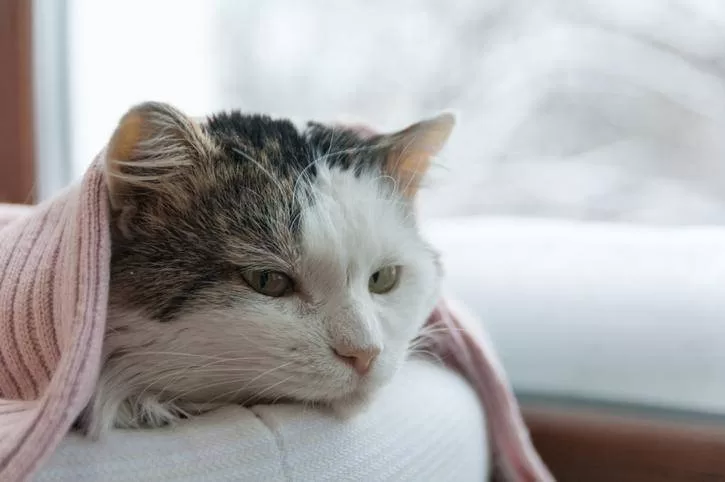
There are different types of cat diarrhea, including acute and chronic diarrhea. Acute diarrhea is a sudden onset of loose stools that lasts for a short period of time, usually a few days. Chronic diarrhea, on the other hand, is a persistent condition that lasts for weeks or even months. Chronic diarrhea can be more difficult to treat and may require ongoing veterinary care.
Common Causes of Cat Diarrhea
There are several common causes of cat diarrhea. One of the most common causes is dietary changes. Cats have sensitive digestive systems and sudden changes in their diet can disrupt the balance of bacteria in their intestines, leading to diarrhea. Other common causes include infections, such as viral or bacterial infections, and parasites, such as worms or giardia.
Stress and anxiety can also cause diarrhea in cats. Cats are sensitive animals and changes in their environment or routine can cause them to become stressed. This stress can manifest as diarrhea. It is important for cat owners to provide a calm and stable environment for their cats to help prevent stress-related diarrhea.
Symptoms of Cat Diarrhea: What to Look Out For
The most common symptom of cat diarrhea is loose, watery stools. Other symptoms may include vomiting, loss of appetite, and weight loss. It is important to monitor your cat’s behavior and bowel movements for signs of diarrhea. If you notice any changes in your cat’s behavior or if they are experiencing diarrhea for more than a day or two, it is important to seek veterinary attention.
When to See a Vet: Red Flags to Watch For
While most cases of cat diarrhea can be treated at home, there are certain red flags that indicate a cat needs veterinary attention. These red flags include dehydration, blood in the stool, and lethargy. Dehydration can occur quickly in cats with diarrhea and can be life-threatening if not treated promptly. Blood in the stool can indicate a more serious underlying condition, such as inflammatory bowel disease or cancer. Lethargy is a sign that your cat is not feeling well and may require medical intervention.
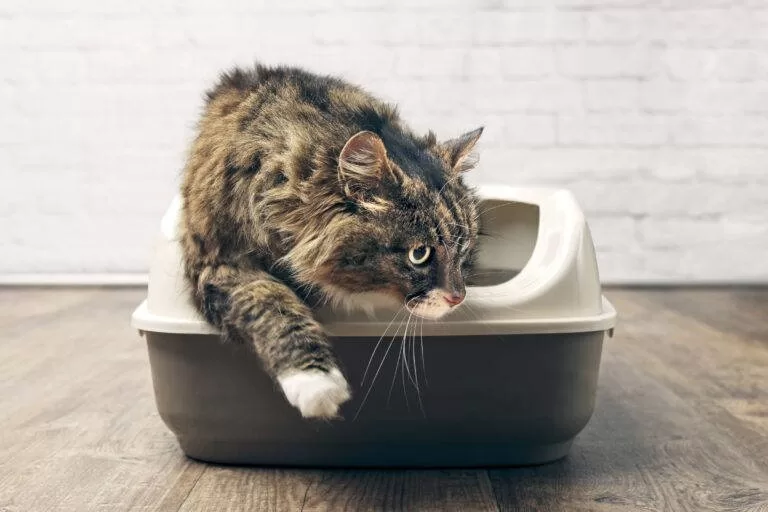
It is important to seek veterinary attention promptly when your cat has diarrhea to ensure they receive the appropriate treatment and to prevent any complications from arising.
Diagnosing Cat Diarrhea: Tests and Examinations
When you take your cat to the vet for diarrhea, they will perform a thorough examination and may recommend diagnostic tests to determine the underlying cause of the diarrhea. These tests may include blood work, fecal analysis, and imaging studies. Blood work can help identify any abnormalities in your cat’s blood cells or organ function. Fecal analysis can help identify any parasites or infections that may be causing the diarrhea. Imaging studies, such as X-rays or ultrasounds, can help identify any structural abnormalities in the intestines.
These tests and examinations are important in order to identify any underlying health issues that may be contributing to the diarrhea and to determine the most appropriate treatment plan.
Treating Cat Diarrhea: Home Remedies and Medications
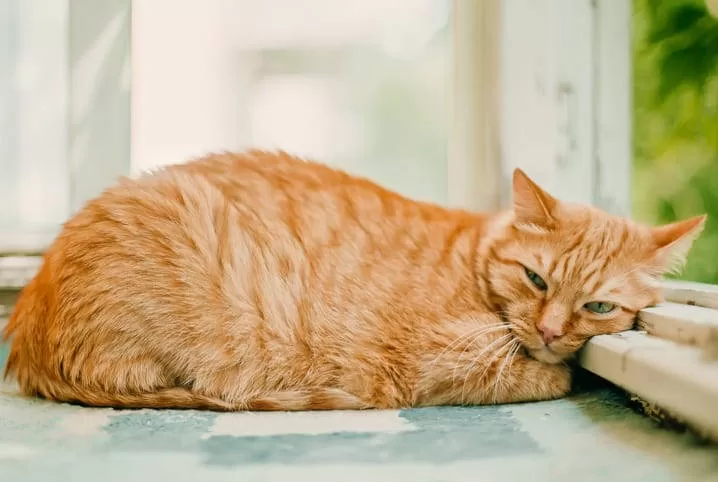
The treatment for cat diarrhea will depend on the underlying cause. In some cases, simple home remedies may be sufficient to resolve the diarrhea. These remedies may include fasting your cat for 24 hours to allow their digestive system to rest, providing them with plenty of fresh water to prevent dehydration, and gradually reintroducing a bland diet.
In other cases, medications may be necessary to treat the diarrhea. These medications may include anti-diarrheal medications, antibiotics to treat infections, or deworming medications to eliminate parasites. It is important to follow your veterinarian’s instructions when administering medication to your cat and to seek veterinary advice if you have any concerns or questions.
Diet and Nutrition: Managing Cat Diarrhea Through Food
Diet and nutrition play a crucial role in managing cat diarrhea. It is important to choose the right food for a cat with diarrhea and to transition them to a new diet gradually. A bland diet, such as boiled chicken and rice, can help soothe the digestive system and provide the necessary nutrients for recovery. It is important to avoid feeding your cat any foods that may exacerbate the diarrhea, such as dairy products or fatty foods.
In some cases, your veterinarian may recommend a prescription diet specifically formulated for cats with gastrointestinal issues. These diets are designed to be easily digestible and can help manage chronic diarrhea.
Preventing Cat Diarrhea: Tips and Strategies
There are several steps you can take to prevent cat diarrhea. Maintaining good hygiene is crucial in preventing infections and parasites that can cause diarrhea. This includes regularly cleaning your cat’s litter box, providing clean water, and washing your hands after handling your cat or cleaning their litter box.
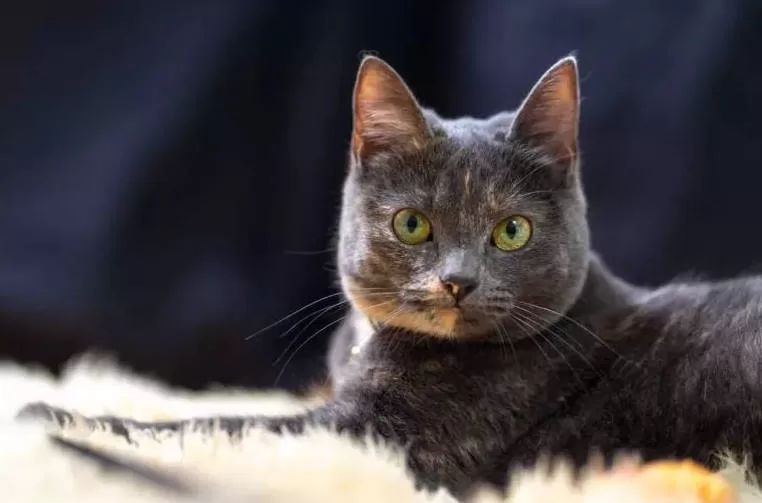
Avoiding sudden dietary changes can also help prevent diarrhea. Cats have sensitive digestive systems and gradual transitions to new foods can help prevent digestive upset. It is also important to provide your cat with a balanced and nutritious diet to support their overall health and immune system.
Dealing with Chronic Cat Diarrhea: Long-Term Management
Managing chronic cat diarrhea can be challenging and may require ongoing veterinary care. It is important to work closely with your veterinarian to develop a long-term management plan for your cat. This may include regular check-ups, dietary modifications, and medication.
Monitoring your cat’s health and behavior is crucial in ensuring they are receiving the best possible care. If you notice any changes in your cat’s symptoms or if their diarrhea worsens, it is important to seek veterinary attention.
The Importance of Proper Hygiene: Keeping Your Cat Healthy and Clean
Proper hygiene is essential in preventing cat diarrhea and other health issues. Regular grooming can help prevent hairballs and reduce the risk of digestive upset. It is also important to regularly clean your cat’s litter box to prevent the spread of bacteria and parasites. Providing clean water and washing your hands after handling your cat or cleaning their litter box can also help prevent infections.
Conclusion
Cat diarrhea is a common health issue that can have a significant impact on a feline’s overall well-being. It is important for cat owners to understand the causes, symptoms, and treatment options for cat diarrhea in order to provide the best care for their furry friends. Seeking veterinary attention promptly when your cat has diarrhea is crucial in ensuring they receive the appropriate treatment and to prevent any complications from arising. By maintaining good hygiene practices and providing a balanced and nutritious diet, you can help prevent cat diarrhea and keep your cat healthy and happy.
If you’re a cat owner, you know that diarrhea can be a common issue that your furry friend may experience. It’s important to understand the causes and how to manage it. In a recent article on BookofCats.com, they provide valuable insights into the topic of diarrhea in cats. They discuss the possible causes, symptoms to look out for, and effective strategies to help alleviate this uncomfortable condition. If you want to learn more about this topic and ensure the well-being of your feline companion, check out the article on diarrhea in cats.
External Links:
https://www.bellaandduke.com/learn/cat-health/diarrhoea-in-cats-causes-treatment-advice/

